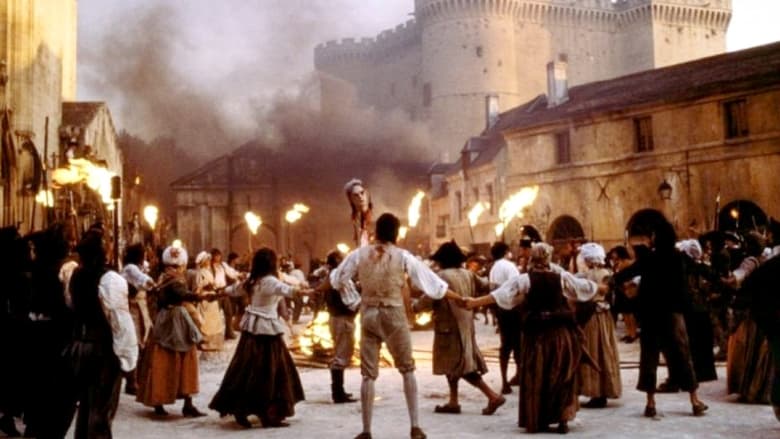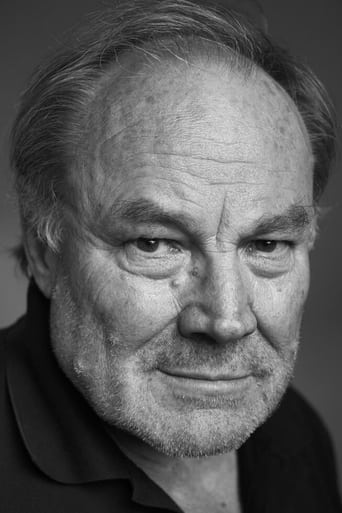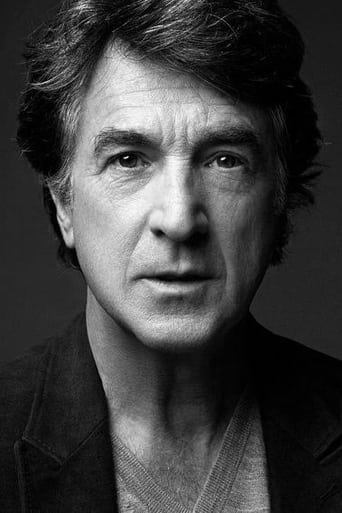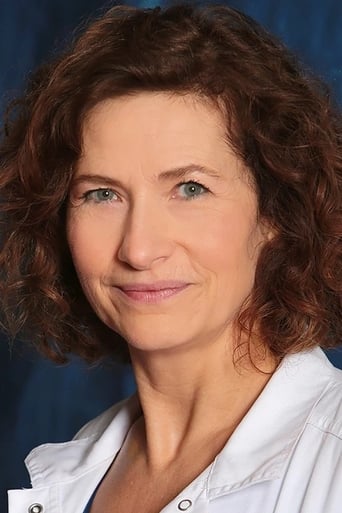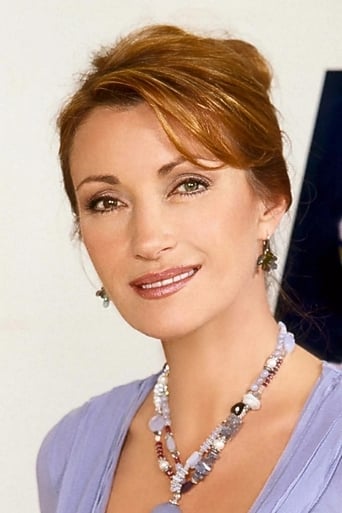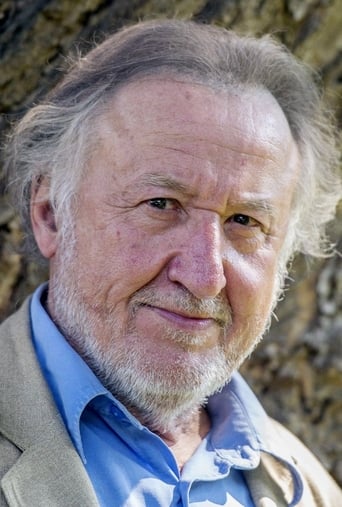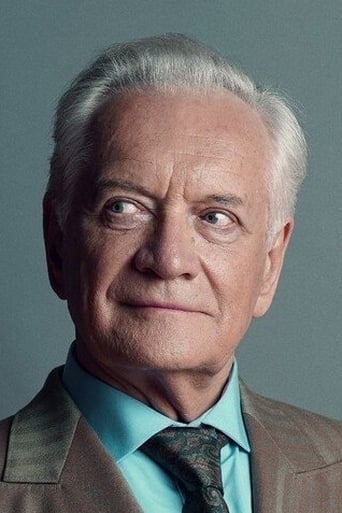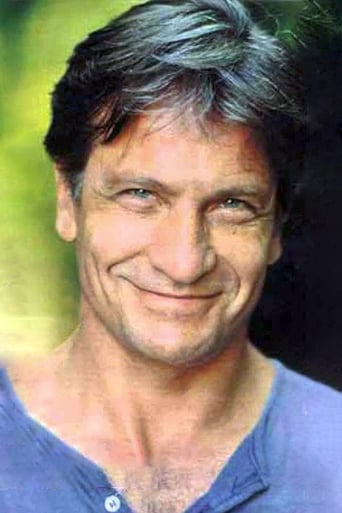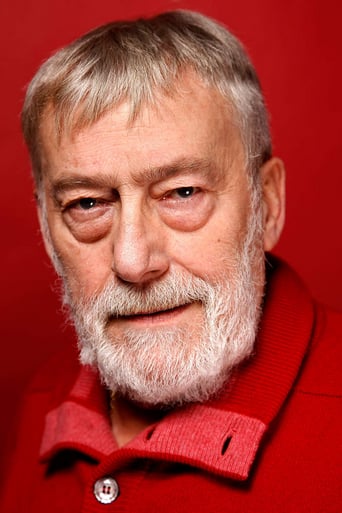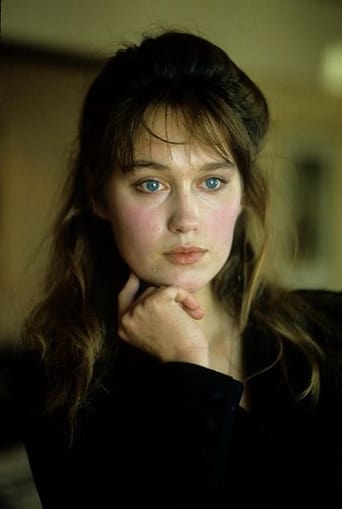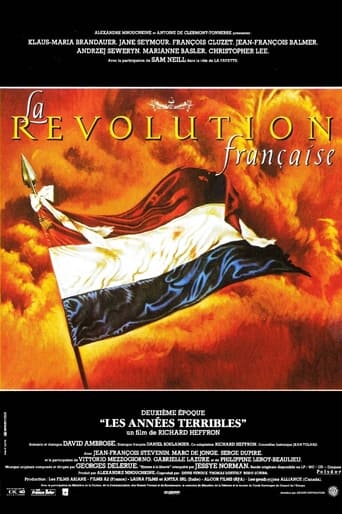
The French Revolution
October. 02,1989A history of the French Revolution from the decision of the king to convene the Etats-Generaux in 1789 in order to deal with France's debt problem. The first part of the movie tells the story from 1789 until August 10, 1792 (when the King Louis XVI lost all his authority and was put in prison). The second part carries the story through the end of the terror in 1794, including the deaths by guillotine of Louis XVI, Marie-Antoinette, Danton, and Desmoulins.
Similar titles
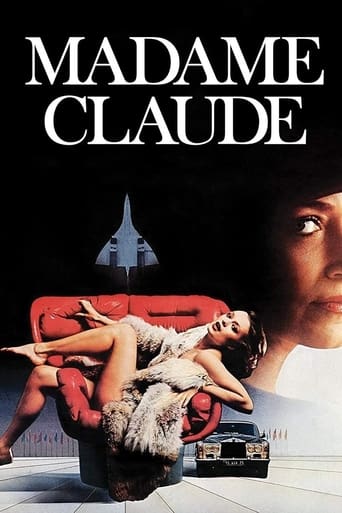
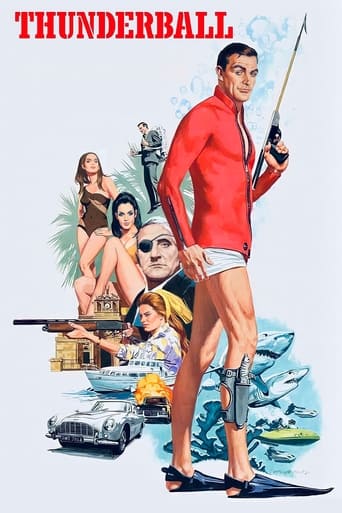

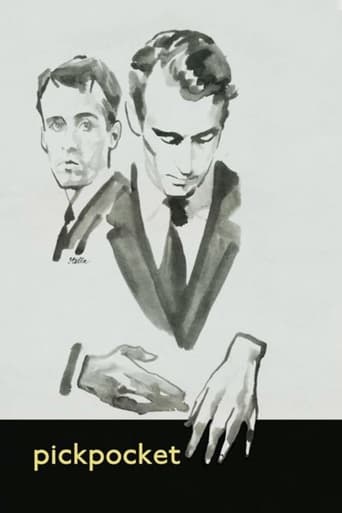
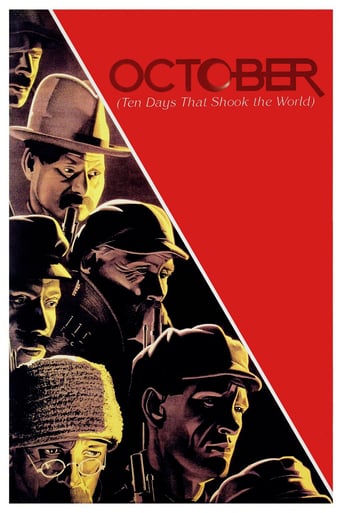
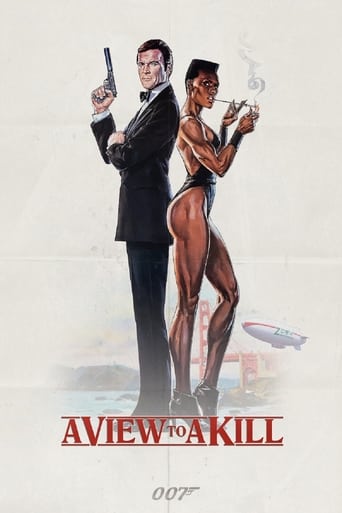


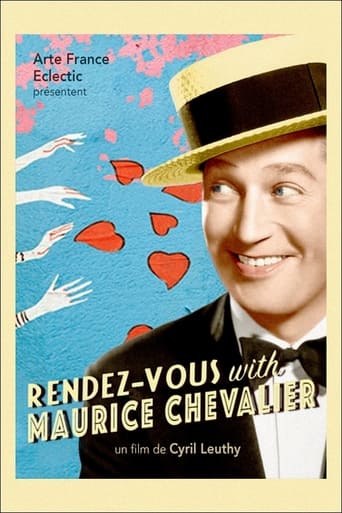

You May Also Like
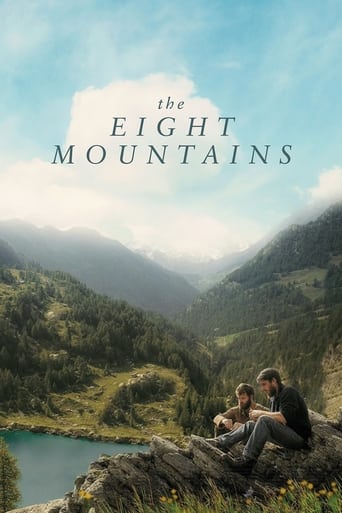
Reviews
The Worst Film Ever
Each character in this movie — down to the smallest one — is an individual rather than a type, prone to spontaneous changes of mood and sometimes amusing outbursts of pettiness or ill humor.
It is an exhilarating, distressing, funny and profound film, with one of the more memorable film scores in years,
This movie feels like it was made purely to piss off people who want good shows
I do have do admit: I was never very interested in the French Revolution when I was in high school, but only became intrigued with the topic in later life, when becoming interested in contemporary politics. If I'd have to recommend a film or series that what make a viewer interested in what happened during the Revolution, it would definitely be "La revolution franchaise".As for the actors: Brandauer does a superb job (as he almost always does), though is perhaps the least believable of the "protagonists", considering Dantons larger-than-life image. This Danton is a schemer, a manipulator but less of a "force of nature" (as Gerald Depardieu would portray him) and more of an opportunistic snake. Francois Cluzet does a fine job as Desmoulins, comes across as almost too blue-eyed, but the scenes are invariably stolen by Andrzej Seweryn as humanist-cum-fascist Robespierre, who plays the character as humanely perceptive as I've ever seen in a film about the topic.Further credit must go to Balmer and Seymour as the doomed royal couple. Especially Balmer as King Louis XVI shows us a very accurate portrayal of a weak, undecided monarch; a yea-sayer, who merely drifts with the tide of time that will eventually sweep him under the guillotine. Sir Christopher Lee, who has a very small part as executioner Henri Sanson (a very interesting and multi-faceted character in his own right), responsible for the beheading of almost all major protagonists. Lee plays the character as a stern, dutiful man who, shown only through nuances and facial expression, has yet retained his humanity, basic compassion, even a disdain for the latter wave of "The Terror" that kept him busy for month at end. Indeed, one would almost have hoped for a "spin-off" which focuses entirely on the "Monsieur de Paris". Another testament to one of the most brilliant actors of our times.The settings, from the grandeur of Versailles to the filth of the Parisian streets are completely convincing, even more so than recent films like, for example, "The Perfume".One of the strongest aspects of the film: despite being filmed for an anniversary of the revolution, it doesn't glorify or portray the events and those involved in a heroic light. Quiet the opposite: the protagonists are all shown to be either naïve (Desmoulins), opportunistic (Danton) or generally, yet very humanly flawed and/or fanatic (Robespierre, Hebert, Saint-Just, et al). The French mob is shown as what it was: simply a mob and it comes as no big surprise that in many places the French word for "people" ("La Peuple") has since become an insult, directed at the unwashed majority, easily lolled by demagogues, carrying only to fill their bellies (be it with bread or, so it would seem, more often with liquor), driven mainly by the disdain for those whom they (often quiet rightly) conceive as something better than themselves.If anything, the film is a reflection of more contemporary, even current politics, be it democracy, where the "Peuble" is generally bought by the highest bidding politician, communism with it's stubborn ideology or fascism, where the loudest demagogue captures the hearts and minds of people (if not to say: poisons them).If I'd have to recommend any film or TV-Series on the French Revolution, this would be the one. Coming in at almost six hours, the four parts never seem long or boring. Quiet the opposite. At the end of the run, one is almost saddened that one has to leave those fascinating times and people (well, granted of course, that 90 percent of them have lost their heads by the time the credits play anyway).A deserved 8 from 10.
I found this film disappointing. I hoped it would bring to life the French Revolution in an educational yet entertaining way. The film was successful in outlining key characters in the history and told the story in a straightforward manner, if rather focused on key individuals, rather than wider society. However, I feel it really failed to convey a real sense of the excitement, exhilaration, hope and horror that make the French Revolution a key moment in the history of the world. The film had all the hallmarks of having been made for TV: unimaginative camera angles, bad lighting, predictable slow pace etc. For a film which centers around an epic historical event it isn't a patch on Cromwell, The Passion of Christ or The Great Escape for example. It just dragged on, and at six hours long this isn't surprising. Having said all that, it is worth watching as a brief introduction to the events of the time.
This movie gets a 10 from me for the following reasons: 1. We all know 'documentary' style movies can be either historically accurate or entertaining; rarely both. THE FALL OF THE ROMAN EMPIRE (and its half-baked mediocre colossal remake GLADIATOR ) may be entertaining but mix history with nonsense, fiction and clip lots of edges; DIEN BIEN PHU is a rather historically accurate portrait, yet no entrainment to find there. This movie, in spite of its about 6h running time, is both historically accurate and entertaining: good reconstructions, good acting and historical accuracy, no nonsense or other Hollywood hogwash. The most impressive actor is Balmer as Louis XVI: truly a great performance, at times gut-wrenching. Brandauer as Danton (a bit acted like 007 mr.Largo ) is very good and Seweryn is very good as the demented Robespierre. Without taking explicit sides, this movie shows the revolution in all its aspects; very little edge-clipping (a notable one is omitting that Danton was coming back from Belgium when his wife died; Belgium where he carried his usual backstage deals to increase his own wealth ). The September massacres, the murder of pious princesse de Lamballe (only because she used to be the queen's favorite and had returned to assist her queen ) etc show the irrational, violent, gratuitous side of the revolution; the expedite COMITE DE SALUT as handy political tool to get rid of political opponents. Robespierre growing from self-assertive partisan of freedom into a demented tyrant who loved to compile 'lists' of 'conspirators' in the name of 'virtue'. Exceptionally well-rendered the moment in which he feels he lost power, his hallucinating speeches no longer work...he has a fit like the demented lunatic he is and -like the 'conspirators' he had until then accused- wants to raise in arms against the parliament. Saint-Just is another man growing from maximalist into another demented lunatic. Great reconstructions. A movie really worth watching.
This very long saga (5 hours +) was divided into two parts "les Années Lumières "(1789-1792) and "les Années Terribles " (1792-1794)It was the most ambitious work dealing with the FRench Revolution since Jean Renoir's "la Marseillaise" (1937).Renoir's work ended with the storming of the Tuileries and the fall of the royalty,like part one directed by Robert Enrico does.Renoir's work was filmed in the gleeful days of the front populaire ,thanks to a fund raised by the CGT (an union).It was a commissioned film.So was "la Revolution Française" , made in 1989,to commemorate the bicentennial.Leftist critics panned the movie,mainly because of the collaboration of right-wing historian Jean Tulard-who is one of the best specialists of the French cinema though-Ah!politics!"La Revolution française " is no masterpiece:it looks like a huge illustrated history book peppered with famous quotations by Louis XVI,Mirabeau,Danton,et al.It's a succession of tableaux ,a la Sacha Guitry (but without humor,except for one scene I will come back to later),quite entertaining.A minor quibble would be complaining about the use of foreign actors:why English actors for Marie-Antoinette (who was Austrian!the French told her so a lot!)and Mirabeau?A German one for Danton?An American for La Fayette?On the other hand,Axel Fersen,who was Swedish is played by a Frenchie.Only commercial reasons (to give the production the aura of an international Hollywood epic?)could have led the producers to such a dubious move.One must notice that Sacha Guitry was more honest when he cast in "si Versailles m'était conté" Orson Welles as Franklin.Best performance,without being a chauvinist,comes from a French:Jean-François Balmer is the best Louis XVI I've ever seen.He manages to portray the king without falling into a caricature ;a brilliant mixture of mediocrity and dignity,he's the king modern historians could recognize(even the detractors gave Balmer's rendition thumbs up).Epic scenes are generally good:the storming of the Bastille is quite successful.The reading of "la Declaration Des Droits de l'Homme" is the most moving sequence ,as the movie-camera goes from a group of people to another one,beginning with little children.People familiar with the French national anthem will find some tune changes in the version which the soldiers sing en route to Paris.A very funny sequence which Sacha Guitry would not disown:Dr Guillotin shows Louis the King his latest invention:the then-unknown guillotine ."It can be improved ,says Louis,a round blade will not be effective ,why not use a blade in the shape of a knife ,of a saw,triangular?".How apt! Part two begins with the royal family's incarceration and ends with Robespierre's fall in the Summer of 1794.Since Balmer (Louis XVI) disappears ,and for a good reason, in the first half-hour,it's Klaus Maria Brandauer who walks away with the honors in this second episode.His Danton is a Bon Vivant,nice ,adored by the crowds,in a nutshell,the hero whom we're supposed to side with.Robespierre ,on the other hand ,is a hard-line persona,he's obviously the perfect villain .And if this is not enough ,their respective sidekicks (Camille Desmoulins and Saint-Just) follow suit.A ridiculous slow-motion sequence shows the people on the way to happiness after Max was guillotined.And the last lines of the movie are simply words which Danton utters earlier.That is to say this history lesson is one-sided.Danton/Robespierre are both more than the good and the bad ,they are actually (and mainly the latter) complex personalities the movie cannot grasp.Because the movie ,although very appealing,tries too hard ,they are too many things which occur on the screen,and the writers wanted to put everything.And we get everything:from "les Tricoteuses " (the knitters who used to work near the guillotine" to Danton's "show my head to the crowd,it's worth the trouble" ,from Marie-Antoinette's "I appeal to all the mothers..." to the rarely filmed "Fete de l'Etre Supreme" ,a Robespierre's attempt to restore a "secular" religion,from the horrible September massacres (where nothing is spared the audience -especially Princesse de Lamballe's terrible fate) to the romantic tragic Camille and Lucile Desmoulins love story.And if it's not enough,they lay it on sick:Marie -Antoinette could not see her husband leave for the scaffold...but in the movie,behind her bars ,she could.By the way,it's Jane Seymour's real son (Sean Flynn)who plays the Dauphin!A vital scene is botched :the king's trial ;his own COUSIN(!) ,the notorious Philippe-Egalité sentenced Louis to death,and he's nowhere to be seen on the screen ;the movie only shows the "death" votes and passes over in silence the fact that only a small majority led the king to the guillotine.This second part is more spirited than the first.But anyway the guillotine scenes with Christopher Lee as the emcee(!)have on everyone an unhealthy but real fascination.Brr!
Top Streaming Movies











